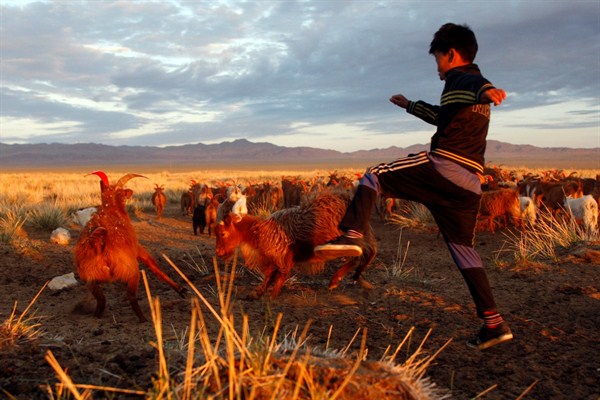A leading pollster called it “the worst election in Mongolian history.” Last June, Mongolian voters went to the polls to choose a new president, though many of them were likely just looking forward to getting the process over with. During several weeks of campaigning, the three candidates had deployed appalling smear tactics, accusing each other of money laundering and graft based on scant evidence. On voting day, only 60.9 percent of the electorate turned out in a country that was once accustomed to over 90 percent participation. Almost 100,000 voters, or slightly more than 8 percent of the electorate, submitted blank ballots to protest the poor choices available.
Each of the three presidential candidates was flawed. Miyegombyn Enkhbold, the choice of the Mongolian People’s Party, which came in first in parliamentary elections in 2016, had previously served as mayor of Ulaanbaatar, the capital, as well as prime minister. Enkhbold’s record, especially his perceived endorsement of austerity measures mandated by the International Monetary Fund, left him with considerable baggage. He was also behind an unpopular agreement doubling the amount of Mongolian territory open to exploration by mining companies, putting him at the center of divisive debates over the backbone of the country’s economy.
Meanwhile, Sainkhuu Ganbaatar, the candidate of the Mongolian People’s Revolutionary Party (MPRP)—the reformed successor to the Communist Party—had been critical of mining agreements with Rio Tinto, the Australian-British mining company. But many Mongolians viewed him as a self-promoter and publicity hound.

